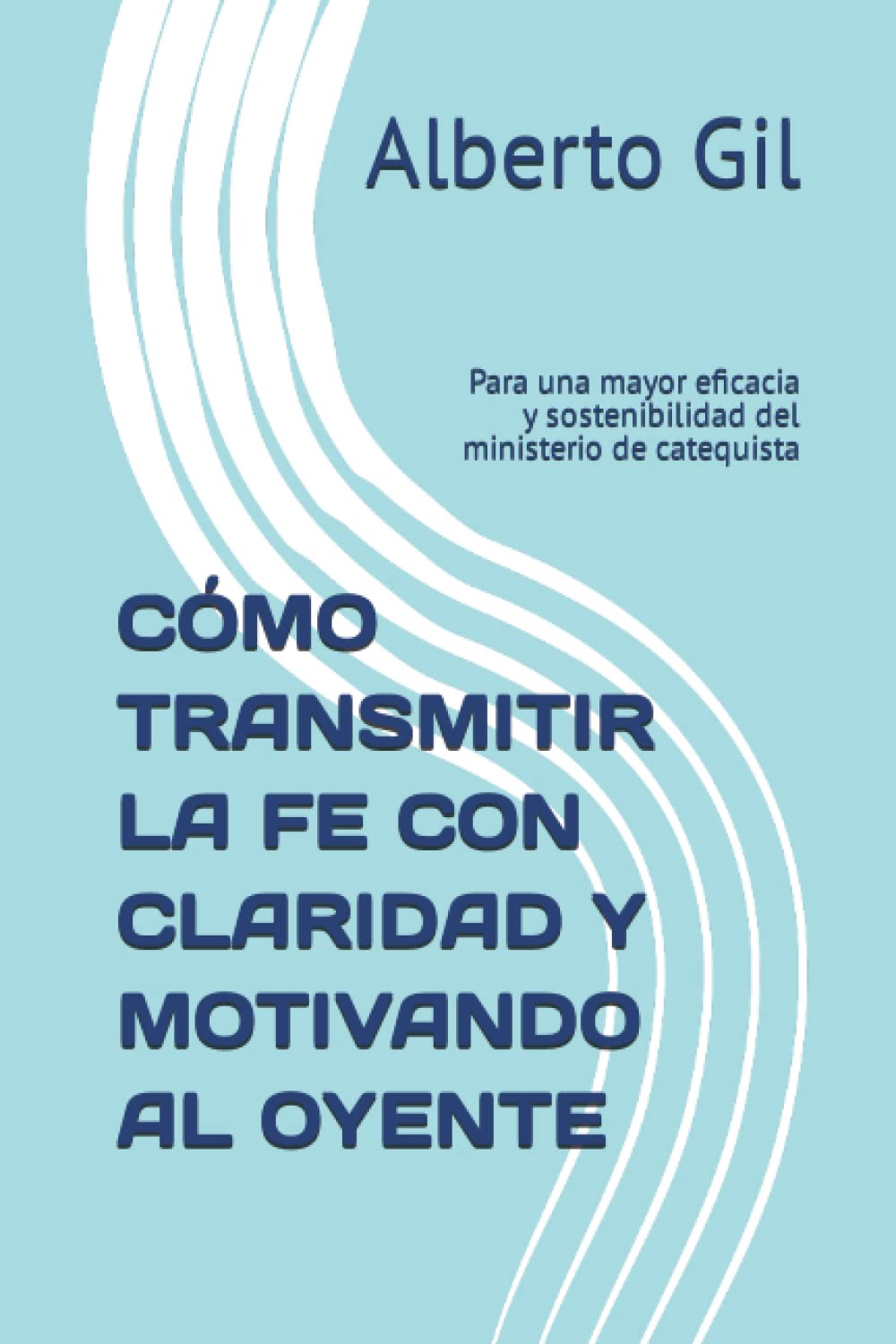"I don't go to church anymore, the sermon doesn't say anything to me". A similar comment is heard with regard to catechesis, religious formation circles, meditations, etc.: "I have stopped attending; these things don't do anything for me". To reduce the causes of low interest in religious topics to a lack of good rhetoric would be to simplify the problem.
Nevertheless, the effective communication of the faith is so important that Pope Francis has devoted an entire Apostolic Letter to it (Antiquum Ministerium, from 10.05.2021), proposing fidelity to the truths of faith combined with creativity to present the contents in a way that is adapted to the times, listeners and cultures.
This is the purpose pursued by Alberto Gil, professor at the School of Communication of the Universidad de la Plata. Pontifical University of the Holy Cross in Rome, in this book.
The author puts his extensive experience in teaching, research and practice of rhetoric at the service of communicating the faith, condensing into 160 pages the most essential rules of good diction for those who seek to improve their communicative competence in the transmission of the faith.
Gil uses as an example a common problem in translation, in which the expression "Les belles infidèles" ("the beautiful infidels"), which goes back to the philologist Gilles Ménage, is proverbial. In 1654, referring to the translation that a certain Nicolas Perrot d'Ablancourt made of the Greek satirist Lucian of Samosata (who died around the year 200), he said: This translation reminds me of a lady from Tours with whom I fell in love. She was beautiful (belle), but unfaithful (infidèle). In every translation there is the conflict of writing intelligibly, beautifully and close to the target language, without sacrificing fidelity to the original.
Gil emphasizes that preaching is essentially a translation or transfer of the revelation or teaching of the Church to the understanding of the recipients.
But must this be accompanied by disloyalty to the original? Good translators make sure that their translation is not only easy to read, i.e. "beautiful" (belle), but also faithful to the original text (fidèle), because the translators are not the original authors. The fundamental question is: how to make the translation of faith become "Les belles fideles" (the beautiful faithful)?
Hermeneutics and responsibility
The first chapter, entitled "Hermeneutics and Responsibility", deals with what is technically called hermeneutics, i.e. interpretation: whoever wishes to speak clearly and understandably must first understand and interpret the message he or she wishes to convey.
The author, and herein lies the originality of his message, speaks in this context of a hermeneutics sub specie communicationisIn other words, to correctly reach the recipients of a message, it must be understood with the mind and eyes of the listeners, virtually involving them in the preparation of the speech.
As an example, he mentions that it is not a matter of answering questions that no one would ask, to paraphrase Pope Francis. This requires great responsibility, not to change the revelation or the teaching of the Church, but to make it more understandable and attractive, so that listeners identify with what they hear and a greater interest in its reception is awakened in them, offering ideas and solutions to transmit the faith with greater clarity and accessibility, while remaining faithful to Revelation.

How to transmit faith with clarity and motivating the listener
The receiver
The second chapter deals with another dimension of the receiver, his emotionality. The strong arguments of the sender are ineffective if the recipient does not benefit from them, that is, if he does not recognize any useful effect on his life. This "usefulness", according to the author, must be clearly distinguished from pure profit-seeking utilitarianism. What is useful is a good, what the Latins called "useful good" (bonum utile).
This usefulness ranges from the solution of material problems, to spiritual help, to the highest benefit for humanity: redemption through the death of Christ. Gil proposes ideas and gives advice on how to make religious formation talks more motivating for the listeners, as they perceive them as a concrete help for their own spiritual progress.
The subject
It is only on this basis that the classical techniques of rhetoric are useful, to which the third chapter refers, in which the author especially stresses the importance of focusing on a problem or aspect of the theme around which the entire lecture will revolve.
Many sermons or lectures are boring because they seem too general or moralizing. The reflection phase is followed by a structuring phase, so that the listener does not get lost in the tangle of arguments, but can always follow a comprehensible thread.
The techniques of speech production, both verbal and nonverbal, learned in classical and modern rhetoric, are only effective on that basis of good guidance.
Various examples
The fourth chapter contains sample scripts for training talks, grouped according to two different types of listeners: young people in training and professionals both in their family life and in the course of their work.
For the former, topics such as sincerity in spiritual direction, order in the plan of life, holy purity and modesty, study and work, as well as the relationship between freedom and responsibility are presented.
For the second group, scripts are offered on the supernatural life, prayer, the presence of God during the day, mortification, the Holy Spirit and the Church, as well as the virtue of joy and its apostolic dimension.
This book is not a simple guide, but is adapted to the intellectual level that catechists and all those who teach religion classes or are formators in the faith usually have, without being a scientific book for specialists.
A careful reading and study of this book, already translated into German, Italian and Portuguese, can make a significant contribution to improving the means of spiritual formation. It is therefore highly recommended to all those who take their role as formators very seriously and wish to constantly improve in this important work.









